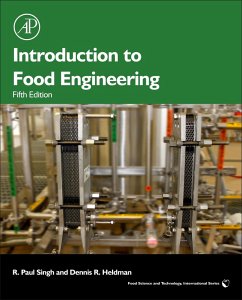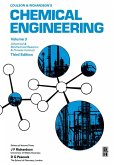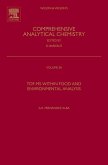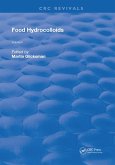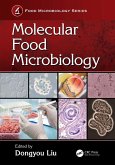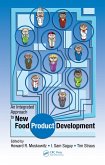Long recognized as the bestselling textbook for teaching food engineering to food science students, this enhanced ebook transitions with today's students from traditional textbook learning to an integrated and interactive presentation of the key concepts of food engineering. Using carefully selected examples, Singh and Heldman demonstrate the relationship of engineering to the chemistry, microbiology, nutrition and processing of foods in a uniquely practical blend.
In addition, interactive tools throughout the book take the learning experience far beyond that of a print book, or even most ebooks. This approach facilitates comprehensive learning that has proven valuable beyond the classroom as a lifetime professional reference.
- Finalist in Digital Book World's 2014 Digital Book Awards for Ebook Fixed Format/Enhanced - Reference/Academic
- Communicates key concepts using audio, video, and animations
- Integrates interactive tools to aid in understanding complex charts and graphs
- Features multimedia guide to setting up Excel spreadsheets and working with formulae
- Demonstrates key processes and engineering in practice through videos
- Shows the relationship of engineering to the chemistry, microbiology, nutrition and processing of foods via carefully selected examples
- Presents a practical, unique and challenging blend of principles and applications for comprehensive learning
- Ideal for classroom use, valuable as a lifetime professional reference
Dieser Download kann aus rechtlichen Gründen nur mit Rechnungsadresse in A, B, BG, CY, CZ, D, DK, EW, E, FIN, F, GR, HR, H, IRL, I, LT, L, LR, M, NL, PL, P, R, S, SLO, SK ausgeliefert werden.

